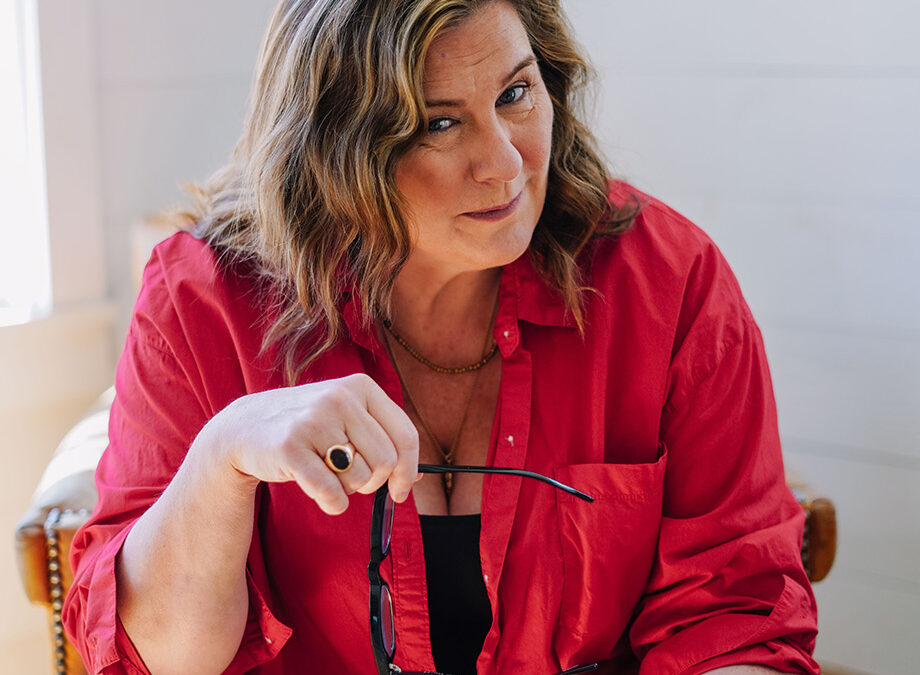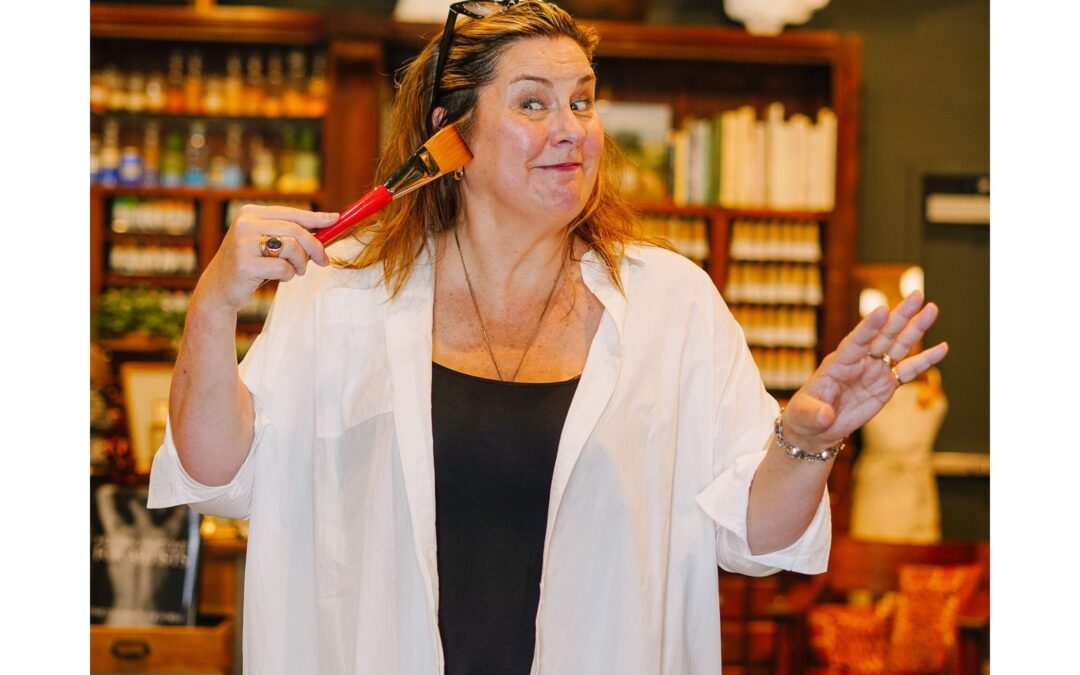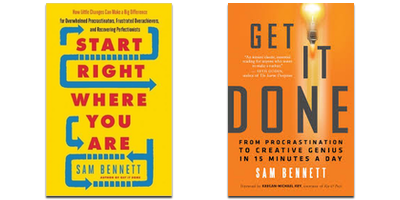
Finally Hold YOUR Book: Clarity Breakthrough Now!
|
Hey there, fellow dreamers and storytellers! Samantha here, and first, I want you to indulge in a little thought experiment with me. Just close your eyes for a moment… A Glimpse into Your Author FuturePicture this: It’s one year from now. You’re nestled in your favorite café, sunlight warming your face, a comforting mug in your hands. And guess what? You’re flipping through the pages of your own book. Yes, your book. The one that’s been living inside you, maybe as a whisper, or perhaps as a full-blown epic. Truly, this isn’t some far-off fantasy. Indeed, it’s not just an idea waiting for that elusive “right time.” This is a real, tangible book – with a title that sings, a cover that captivates, and your name proudly displayed on the front. The Pride of CompletionFeel that swell of pride? It’s not about perfection; rather, it’s about completion. Ultimately, it’s about finally giving voice to the message that’s been yearning to be heard for years. Now, let’s take it a step further. Imagine the reading. The quiet hum of anticipation in the room. Then, afterwards, a woman approaches you. A reader who found you online, a new client, or even a complete stranger whose soul resonated with your story. Gently, she’s holding your book in her hands, her eyes filled with emotion. Softly, she says, “I feel like you wrote this for me.” (Cue the happy tears! #imnotcryingyourecrying) That profound connection, that feeling of truly reaching someone – undoubtedly, that’s what awaits you on the other side of clarity. Therefore, that’s precisely what we’re creating inside Figure Out Your Book in 21 Days. Stop Hustling, Start Connecting: Find the Soul of Your BookUnlike another one of those workshops that demands relentless hustle and constant proving, this is different. Instead, forget the pressure and the endless “shoulds.” Fundamentally, this is about cutting through the noise – the self-doubt, the overwhelm, the dreaded ADHD spirals, and those endless “maybe Monday” loops – and finally tapping into the soul of the book that’s already within you. Over the course of just four live, hands-on sessions, I’ll guide you to:
But Wait, There’s More! Exclusive Bonuses to Propel Your Author JourneyBecause I’m truly invested in your success, I’m also including these incredible bonuses:
The Game-Changing Bonus: Your Customized Social Media Platform Development Package!(And now, drumroll please… this is HUGE!) Specifically, for the first 10 people who register, I’m offering the most significant bonus I’ve ever created: a complete CUSTOMIZED Social Media “Platform Development” Done-For-You Package, crafted personally by me and my expert team! Just imagine instantly connecting with your future readers and fans without the stress or the icky “salesy-ness.” This powerhouse package includes:
This Isn’t Just a Workshop, It’s a Turning PointTherefore, if you’ve ever whispered to yourself, “What if I actually finished this?” then this is your moment to find out. Indeed, Figure Out Your Book in 21 Days isn’t just about information; it’s about transformation. Ultimately, it’s about taking that powerful idea inside you and giving it the clarity and direction it needs to finally take form. Consequently, I am genuinely excited to see the incredible books we’ll bring into the world together. [———–> Check out the delicious details here Yours in the joy of a finished book, Sam P.S. Feeling a little hesitant? Got some burning questions? I totally get it. If you’re seriously considering joining Figure Out Your Book in 21 Days but need to chat it through, book a quick call with me here (Link to your booking page). No pressure, just a chance to explore if it’s the right fit for you. P.P.S. And as always, your satisfaction is guaranteed. If you’re not happy, your tuition will be cheerfully refunded. You’ve got nothing to lose and a whole book to gain! |
|





